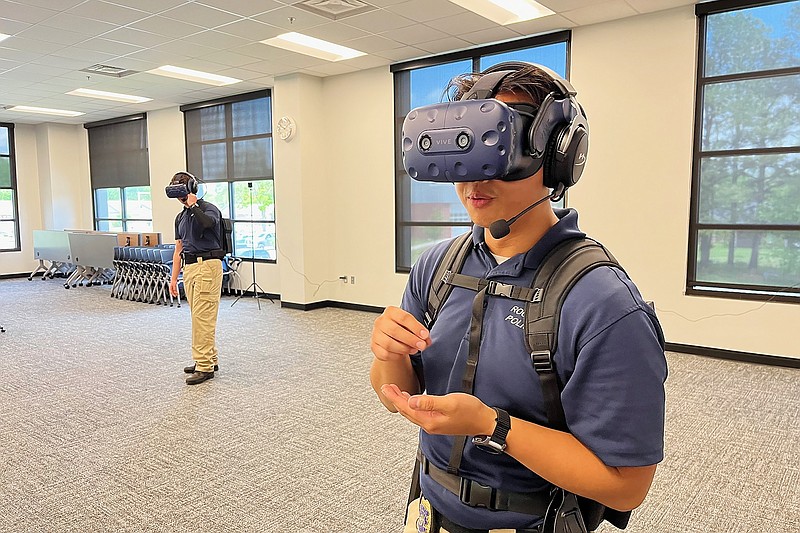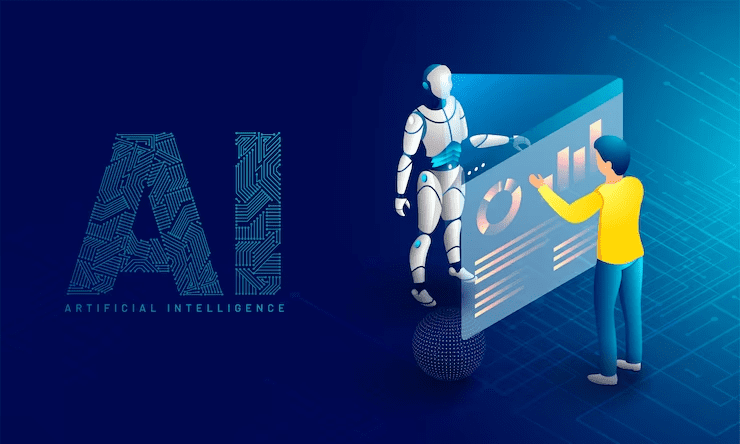In an age where digital threats evolve at lightning speed, the traditional paradigms of security training are undergoing a seismic shift. Gone are the days when rote memorization and static lectures sufficed to prepare teams for complex challenges.
Today, artificial intelligence is not merely a tool but a transformative force, redefining how organizations approach the crucial task of securing their assets. Through immersive simulations, personalized learning experiences, and real-time feedback mechanisms, AI opens new avenues for engagement and effectiveness that were once deemed impossible.
As we navigate this intersection of technology and training, it becomes clear that the future of security training is not just a matter of keeping pace but innovating ahead. How do these advancements shape the skill sets of security professionals? What implications do they hold for organizational resilience? The answers lie within the dynamic interplay of AI and human expertise.
The Need for Modernized Security Training

In an era marked by rapid technological advancements and sophisticated cyber threats, the imperative for modernized security training has never been more pronounced. Traditional training methods, often stagnant and outdated, fail to prepare security personnel for the dynamic challenges of todays digital landscape.
Imagine a security officer grappling with new tools while simultaneously defending against relentless phishing attacks or sophisticated ransomware. This is where modernized training steps in—not merely as an option but as a necessity.
Embracing innovative approaches, such as immersive simulations powered by AI, allows trainees to engage in real-world scenarios that evolve at the speed of technology. As organizations increasingly confront complex security dilemmas, they require a workforce equipped not just with rote knowledge but with adaptable skills and a keen awareness of their ever-changing environment.
Real-Time Threat Simulation and Response Training

Real-Time Threat Simulation and Response Training has become a game-changer in the landscape of security education, harnessing the power of AI to craft immersive, dynamic scenarios that closely mimic the high-stakes environments security professionals face in the field. Imagine a training session where a simulated cyber-attack launches with unanticipated twists, forcing trainees to think on their feet and adapt their strategies in real time.
The AI-driven systems analyze responses, offering constructive feedback that molds an individual’s proficiency in crisis management. This approach not only amplifies engagement but also cultivates a reflexive mindset—empowering security personnel to navigate the chaotic ebb and flow of real-world threats with agility and precision.
By blending strategic complexity with immediate application, this training paradigm transforms the conventional learning model into a vibrant tapestry of experience, preparation, and adaptability, ensuring that security forces are not just prepared but are truly resilient in the face of emerging challenges.
The Future of AI in Security Training

As we look to the horizon, the future of AI in security training promises a transformative shift that integrates advanced technologies into traditional frameworks. Imagine a landscape where machine learning algorithms analyze vast datasets to identify emerging threats, tailoring training programs that are as dynamic as the challenges they aim to overcome.
Simulations powered by AI can create hyper-realistic scenarios, pushing trainees to their limits and fostering rapid decision-making under pressure. However, it’s not just about the technology itself; it’s about the human element.
Ongoing feedback loops between AI systems and trainees will ensure that security personnel remain at the cutting edge of threat detection and response. This powerful synergy has the potential to revolutionize not just how we train, but how we think about security in an increasingly complex world, where adaptability and resilience are paramount.
Conclusion
In conclusion, the integration of AI into security training practices marks a transformative leap forward in preparing professionals for the complexities of modern security challenges. By harnessing advanced technologies, organizations can provide tailored learning experiences that enhance preparedness, responsiveness, and situational awareness.
Institutions like Pacific West Academy are at the forefront of adopting these innovative methods, ensuring that security personnel are not only equipped with the latest skills but also adaptable to the evolving landscape of threats. As AI continues to evolve, its role in reshaping security training will likely expand, fostering a more secure environment for communities worldwide.


